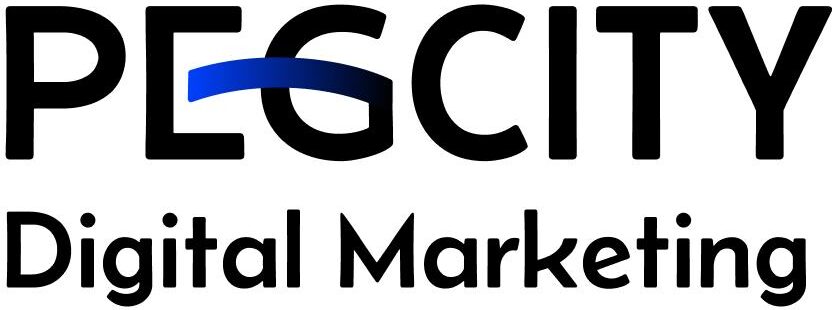What is E-E-A-T? In the ever-evolving world of SEO, staying ahead of Google’s algorithm updates is critical for maintaining online visibility. One of the most important concepts in SEO today is E-E-A-T, which stands for Experience, Expertise, Authoritativeness, and Trustworthiness. Google uses E-E-A-T as a core part of its Search Quality Evaluator Guidelines to assess the quality of content and the credibility of its source.
Whether you’re a small business, an e-commerce store, or a digital marketing agency, understanding how E-E-A-T works can make a real difference in your SEO success.
What Does E-E-A-T Stand For?
1. Experience
Experience refers to the first-hand, real-world knowledge that a content creator has on a topic. For example, a product review written by someone who has actually used the product will have more value than one written by someone who hasn’t.
2. Expertise
Expertise evaluates the depth of knowledge the author or creator has in their field. In high-stakes topics like finance or health (known as YMYL — Your Money or Your Life topics), this becomes even more important.
3. Authoritativeness
This measures how well-known or respected a source is within its industry. Google looks at how often a site or content creator is cited, referenced, or linked to by other trustworthy sites.
4. Trustworthiness
Trust is at the heart of E-E-A-T. This includes the security of your website (HTTPS), transparency about who is behind your content, and how accurate or reliable your information is.
Why Is E-E-A-T Important for SEO?
Google’s main goal is to provide users with the most relevant, accurate, and trustworthy information. So, when you optimize for E-E-A-T, you’re essentially aligning your content with Google’s mission. Here’s why it matters:
Improves Rankings: Websites that demonstrate strong E-E-A-T signals are more likely to rank higher, especially in competitive niches.
Builds Credibility: A strong E-E-A-T foundation helps your brand appear more legitimate and trustworthy to users.
Reduces Risk of Penalties: Google is increasingly penalizing websites that publish misleading or low-quality content.
How to Improve E-E-A-T on Your Website
If you’re serious about SEO in 2025, you can’t ignore E-E-A-T. Here are practical ways to enhance it:
1. Showcase Author Bios
Add detailed author bios with credentials, experience, and links to authoritative profiles (like LinkedIn or industry publications).
2. Use Real-World Case Studies
Whenever possible, include examples or case studies from your clients or projects to show experience.
3. Earn Quality Backlinks
Getting backlinks from reputable sites within your industry helps boost your authority.
4. Ensure Transparency
Make sure your site has clear contact information, about pages, privacy policies, and terms of service.
5. Use Secure Technology
Ensure your website uses HTTPS and loads fast. Technical trust matters.
Does E-E-A-T Affect All Websites?
While it matters for every website, E-E-A-T is especially critical for YMYL websites — those that can impact a user’s health, finances, or safety. That said, even e-commerce businesses and local service providers can benefit from strengthening their E-E-A-T signals.
What is E-E-A-T: Final Thoughts
SEO is no longer just about keywords and backlinks. In 2025, Google E-E-A-T will become a key indicator of your website’s quality, trustworthiness, and relevance. For small businesses and content creators alike, investing in E-E-A-T is not just good SEO practice—it’s essential for long-term success.
At PegCity Digital Marketing, we help North American businesses implement SEO strategies grounded in real expertise and trust. Ready to boost your site’s credibility and rankings? Let’s talk.



